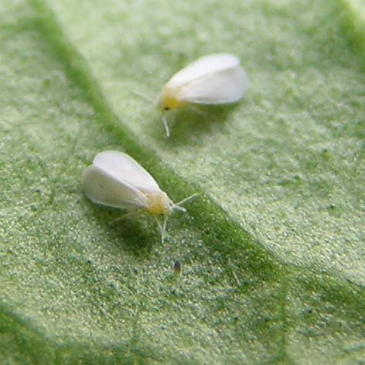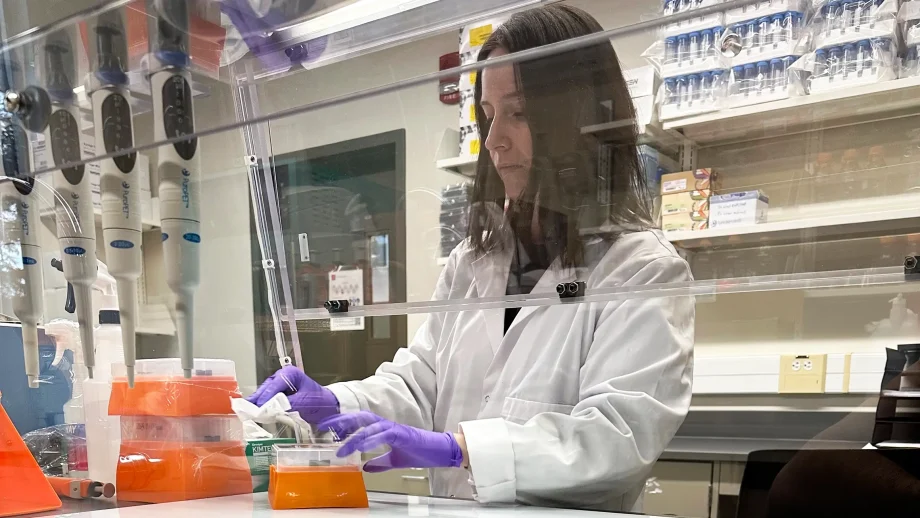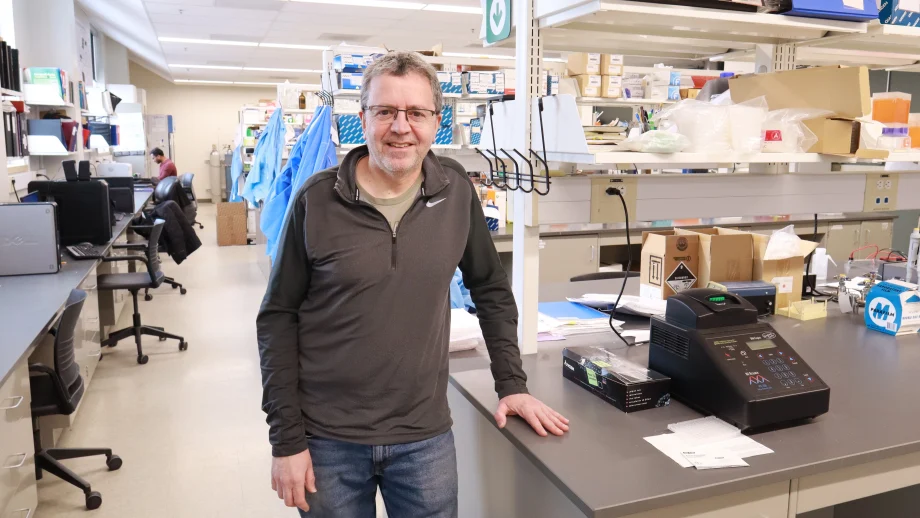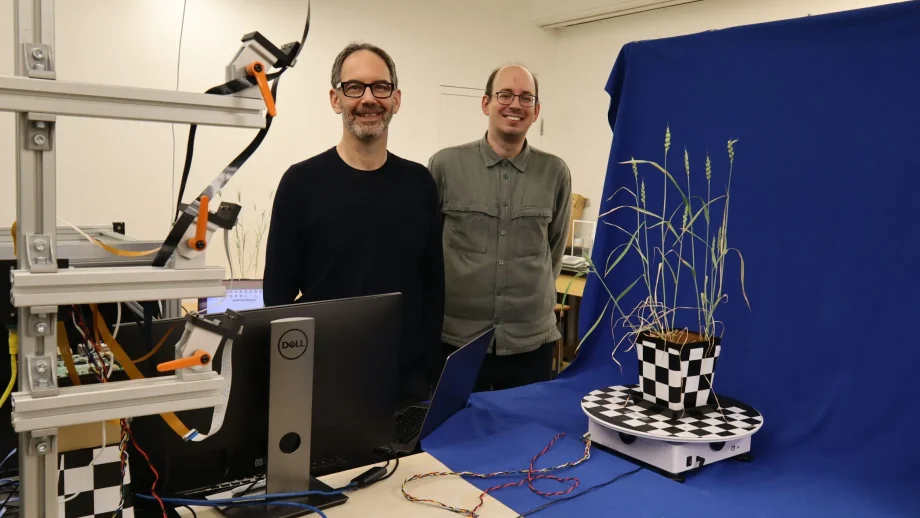The season of caprese salads, salsa, and tomato sauce made from yummy fresh tomatoes is soon upon us. Tomatoes are not only loved for their sweet and delicious taste; they are also an important source of food in Canada.
However, tomato production in Canada has declined by an alarming 40 per cent in the last four years, possibly, among other reasons, because of whiteflies – a pernicious agricultural pest worldwide. Thus, tomato production depends largely on the application of pesticides and fertilizers, a practice that Dr. Germán Avila Sakar, Associate Professor, Department of Biology, would like to change. With research from his lab, Avila Sakar plans to help save Canada’s tomato production, and reduce the need for pesticides.
Avila Sakar notes that while there are a number of factors that have led to the dramatic decrease in tomato yields, whiteflies are one of the leading causes worldwide.
“Whiteflies are pests: they suck sap rich in sugars and amino-acids, which weakens and reduces the growth of plants; they carry viruses, many of which kill tomatoes; and their excretions are breeding grounds for mould,” he says. “Many farmers have to combat this through the use of pesticides.”
Avila Sakar’s research is beneficial for both farmers and consumers. “We can have better quality tomatoes and fewer risks to our health with less dependence on pesticides,” explains Avila-Sakar.
Avila Sakar’s lab will conduct experiments to determine whether different levels of soil nitrogen fertilizer will help make tomato plants less susceptible to whiteflies, and if so, to what extent. The tests will also determine whether some varieties of tomatoes are more resistant to or tolerant of whiteflies.
In addition to a reduction in pesticides, the results could also mean lower costs for farmers, who often hire extra hands to clean the tomatoes so they are more suitable for selling.
In order to carry out these experiments, the lab needs additional funding for important materials, such as pots, soil, fertilizer, and a specialized screen that will allow for controlled experiments. The lab has launched a crowdfunding campaign to raise these funds.
To support or share this project, click here.






